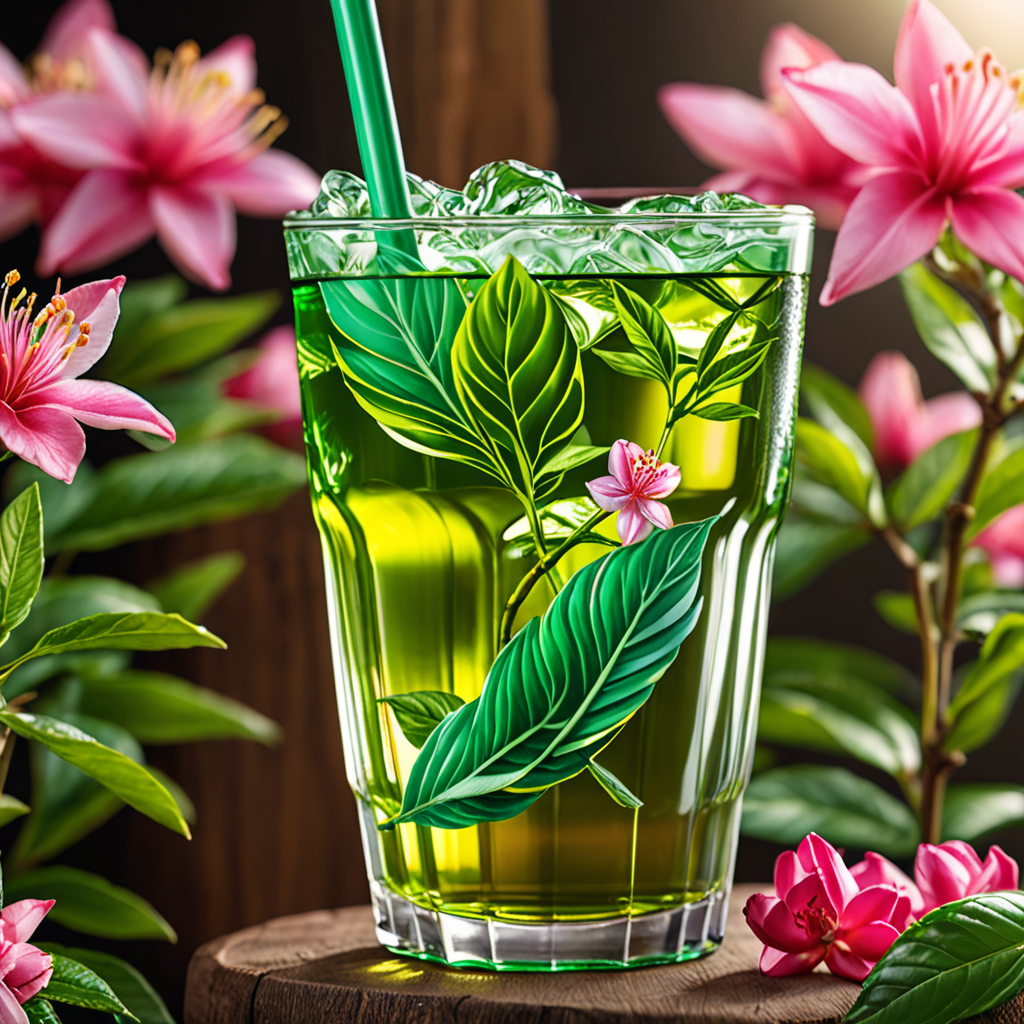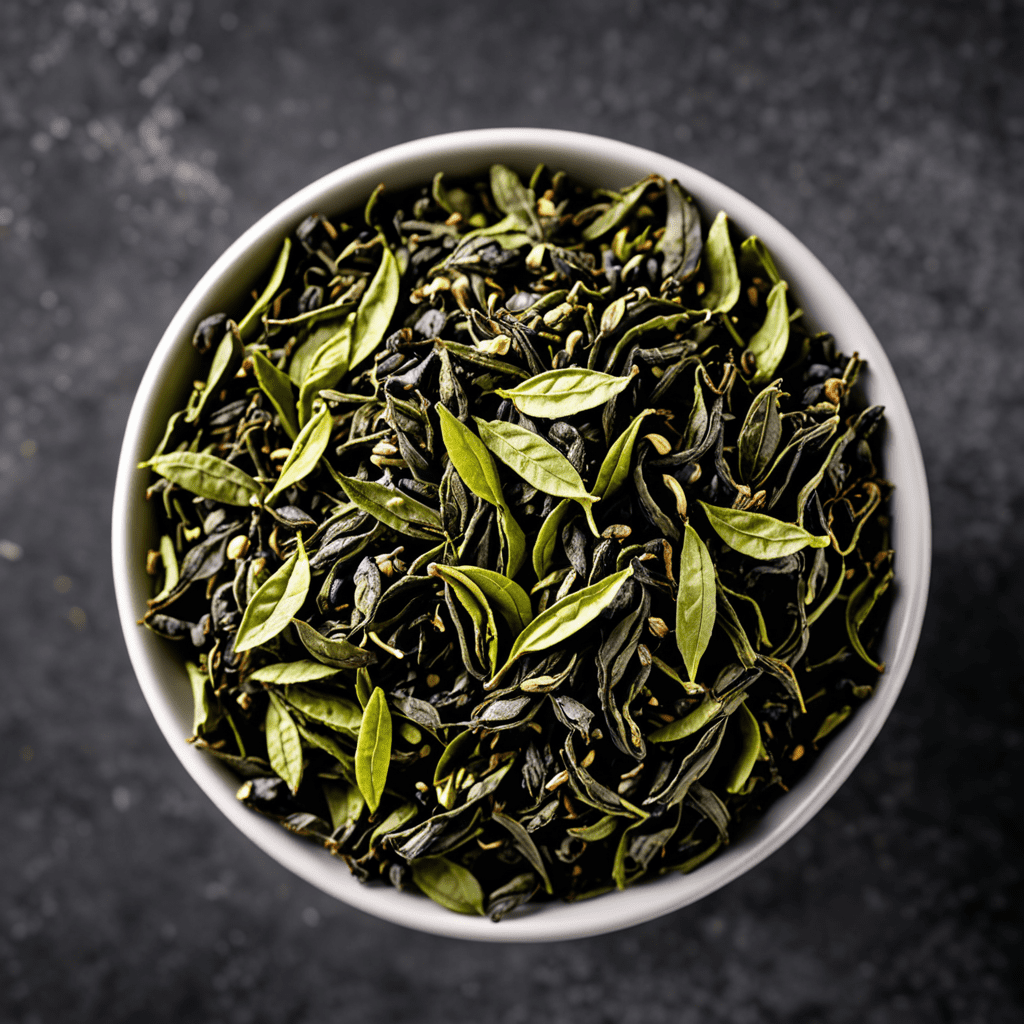Assam Tea: A Taste of India
I. Introduction
Assam tea, a world-renowned variety, is an aromatic beverage that holds a special place in Indian culture and the global tea industry. Originating from the lush Brahmaputra Valley in Assam, India, this full-bodied and malty tea has captivated tea enthusiasts worldwide.
II. History of Assam Tea
The discovery of Assam tea dates back to the early 19th century when British planters stumbled upon wild tea plants growing in the region. Recognizing its commercial potential, they began cultivating and harvesting the leaves, leading to the establishment of a thriving tea industry in Assam. Over the years, Assam tea has gained immense popularity, becoming one of India's most important exports.
III. Climate and Geography of Assam
Assam's unique climate and geography contribute to the exceptional quality of its tea. The Brahmaputra Valley, where tea is predominantly cultivated, experiences a tropical climate with abundant rainfall, high humidity, and warm temperatures. These conditions provide the ideal environment for tea plants to flourish, producing large, robust leaves with a distinct flavor profile.
IV. Varieties of Assam Tea
Assam tea is renowned for its diversity, with several notable varieties grown in the region. These include:
- Orthodox Assam: Traditional method of processing, resulting in full-bodied teas with a malty flavor.
- CTC (Crush, Tear, Curl) Assam: Modern method of processing, producing smaller, more granular teas with a brighter flavor.
- Black Assam: Most common variety, known for its strong, malty taste and dark color.
- Green Assam: Less oxidized than black tea, offering a lighter, more vegetal flavor.
V. Cultivation and Harvesting
Assam tea is meticulously cultivated in large plantations, with each estate maintaining its own unique blend of varieties and processing techniques. Tea bushes are grown from seeds or cuttings and are typically pruned to a manageable height for easy harvesting. Harvesting occurs twice a year, with the first flush, or spring harvest, yielding the highest quality tea leaves.
VI. Processing and Manufacturing
Assam tea undergoes a rigorous processing and manufacturing process to achieve its distinctive flavor and quality. Orthodox Assam tea is processed using the traditional method, which involves withering, rolling, oxidization, and drying. CTC Assam tea, on the other hand, employs a modern technique that involves crushing, tearing, and curling the leaves, resulting in a smaller, more granular product.
VII. Health Benefits of Assam Tea
Assam tea is not only a flavorful beverage but also boasts numerous health benefits. It contains high levels of antioxidants, which protect the body against free radical damage. Assam tea has been linked to reducing the risk of chronic diseases such as cancer, heart disease, and diabetes. Additionally, it may improve cognitive function, boost energy levels, and aid in digestion.
VIII. Cultural Significance in India
Assam tea holds a deep cultural significance in India. It is an integral part of daily life, enjoyed by people from all walks of life. Tea plantations in Assam are often seen as symbols of tradition and heritage, and the tea industry plays a vital role in the socioeconomic fabric of the region.
IX. Economic Importance for Assam
The tea industry is a major economic driver for Assam. It provides employment to a large number of people, both directly and indirectly. The export of Assam tea generates significant revenue for the state and contributes to the overall economic growth of India.
X. Conclusion
Assam tea is a beloved beverage that has earned global recognition for its exceptional flavor and health benefits. With its rich history, diverse varieties, and cultural significance, Assam tea remains a cornerstone of Indian tradition and a symbol of excellence in the world of tea.
FAQ
Q: What is the difference between Orthodox and CTC Assam tea?
A: Orthodox Assam tea undergoes traditional processing methods, resulting in full-bodied teas with a malty flavor, while CTC Assam tea is processed using a modern technique, producing smaller, more granular teas with a brighter flavor.
Q: What are the health benefits of Assam tea?
A: Assam tea is rich in antioxidants and has been linked to reducing the risk of chronic diseases, improving cognitive function, boosting energy levels, and aiding in digestion.
Q: How is Assam tea culturally significant in India?
A: Assam tea is an integral part of daily life in India, enjoyed by people from all walks of life. Tea plantations are often seen as symbols of tradition and heritage, and the tea industry plays a vital role in the socioeconomic fabric of the region.



